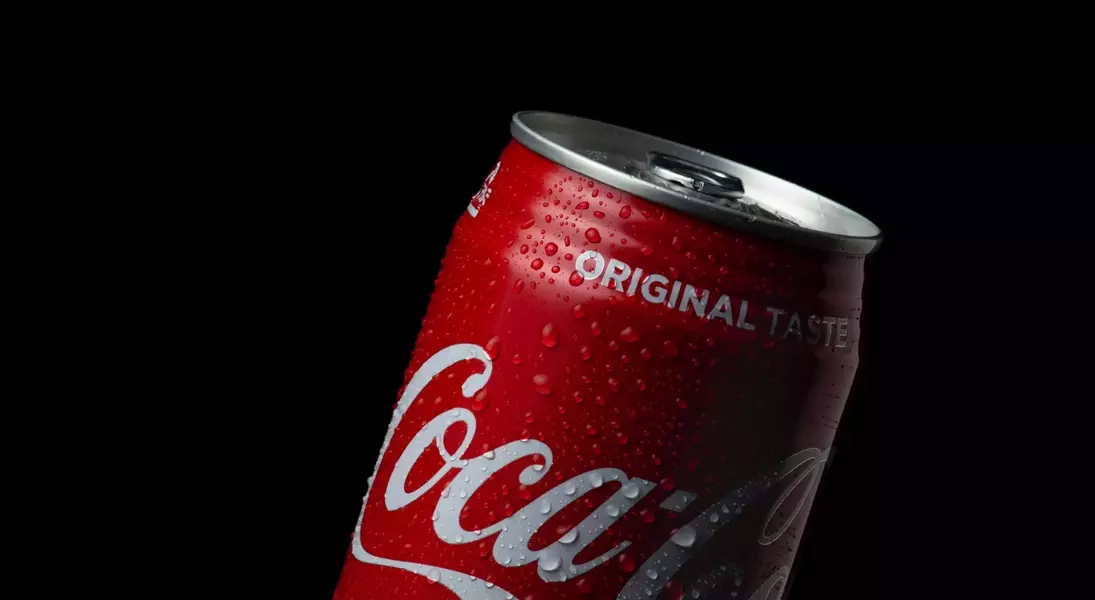
Amid rising costs due to proposed tariffs on aluminum, Coca-Cola is evaluating its packaging strategies. The beverage giant may need to increase its reliance on plastic bottles in the United States as a result of President Trump's new tariffs, which are set to increase the price of aluminum. These tariffs, introduced with the aim of protecting domestic industries, have sparked concerns across various sectors, particularly for companies that rely heavily on aluminum cans. As the cost of aluminum rises, beverage manufacturers like Coca-Cola are exploring alternative packaging options to maintain affordability and competitiveness in the market.
Shifting towards plastic bottles could pose challenges for Coca-Cola's environmental initiatives. The company had previously aimed to use 50% recycled materials in its packaging by 2030 but has since revised this goal to 35-40% by 2035. This adjustment reflects the broader industry struggle to balance cost pressures with sustainability objectives. Despite these changes, Coca-Cola's CEO, James Quincey, reassured investors that the company remains committed to offering diverse packaging options. He emphasized that while aluminum tariffs may affect pricing, they do not significantly impact overall business operations, as packaging represents only a small portion of total expenses.
The introduction of these tariffs marks a significant shift in trade policy, with potential long-term implications for both businesses and consumers. While the immediate financial impact on Coca-Cola may be manageable, the broader conversation about sustainability and resource management continues to evolve. It is crucial for companies to adapt to changing market conditions while maintaining a commitment to environmental responsibility. By exploring innovative solutions, businesses can navigate economic challenges while fostering a more sustainable future for all.
